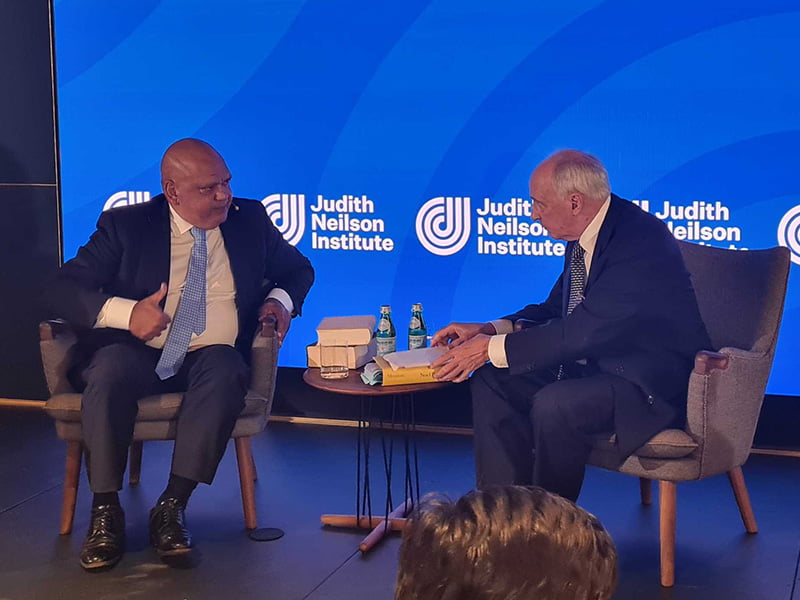The trillions of dollars tied up in super funds should be used to pay for large social and infrastructure projects to develop a new Australian economy, according to former Prime Minister Paul Keating, who argues the retirement savings offer a bigger opportunity than any bank or government can provide.
Total superannuation assets reached $3.47 trillion in December last year. With an increase to 12 per cent in 2025, the assets will eventually peak at around $5 trillion or 230 per cent of GDP, according to Mr Keating.

The former Prime Minister on Wednesday said the pool of savings present a bigger opportunity than any private sector financing, federal budget or monetary policy could offer to drive lasting change.
“It’ll be the third largest pool of savings in the world. Which means that simply political engineering would allow us to create a new economy out there by using this capital, with the Commonwealth as a seed player, with seed money and directional power,” Mr Keating said.
“So this is where I think economics is going ahead rather than simply waiting for the Reserve Bank to put another point-two-five percentage points on interest rate. What’s that going to do?”
Mr Keating, who introduced compulsory superannuation contributions in 1992, was speaking at the launch of Indigenous leader Noel Pearson’s new book, Mission, hosted by the Judith Neilson Institute last week.
He argued super funds create a much larger opportunity to buy and build the assets needed to turnaround an Australian economy which has decreased in complexity and diversity.
“Banks are limited to four-and-a-half or five-year financing. This is not true of a super fund,” Mr Keating said.
“A super fund can go and buy Sydney Airport. A super fund can go and buy pipelines. A superfund can buy massive solar assets. It can fund massive solar assets.
“We [Australia] are the leading infrastructure financier around the world and that comes off the back of superannuation. So the opportunity is larger than the Commonwealth outlays – that’s the point I’m trying to make. It’s larger than the outlays of the Commonwealth on the budget account.”
Feature Image: Judith Neilson Institute for Journalism and Ideas
Do you know more? Contact James Riley via Email.

